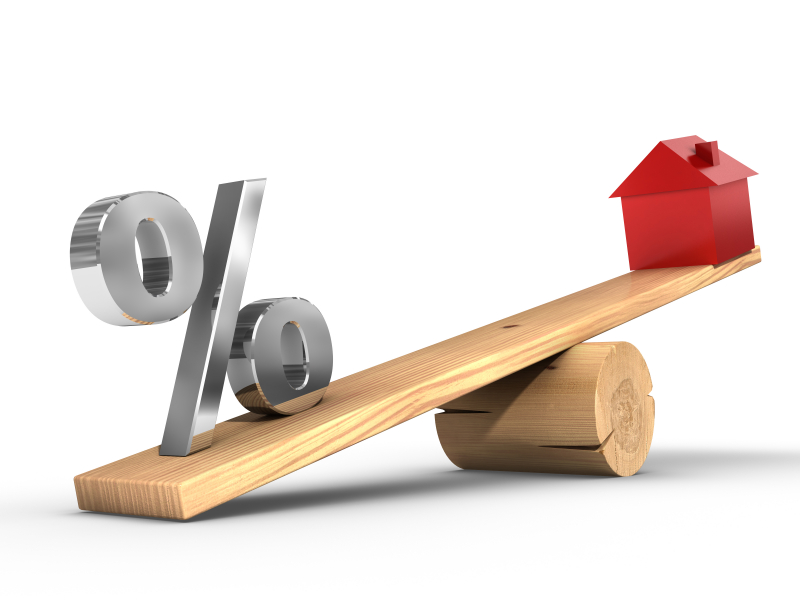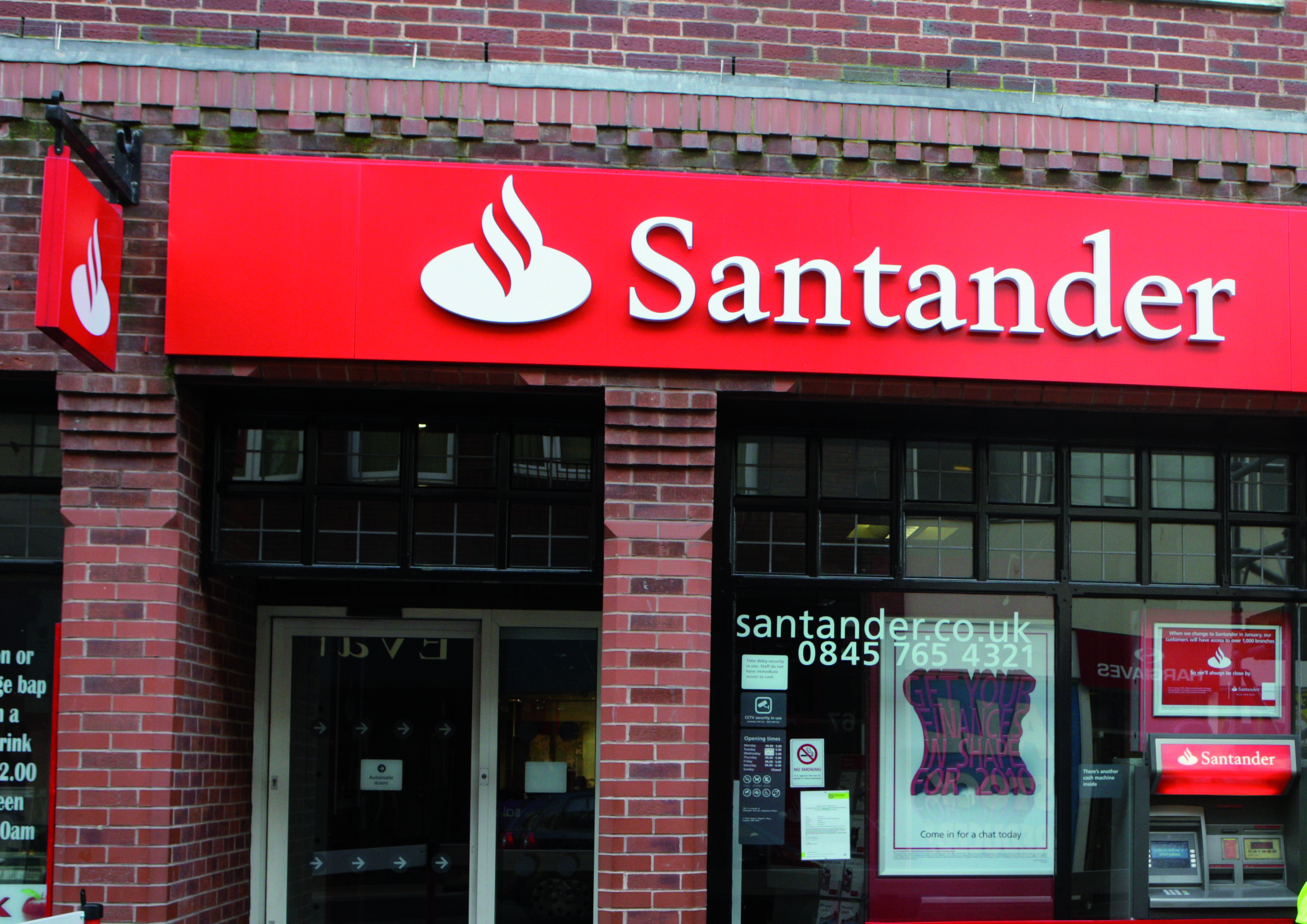Although the Bank of England base rate has been at a record low of 0.5% since April 2009, mortgage customers still need to prepare for a potential rise. Even the expectation of a base rate rise is enough to affect the price of mortgages. Earlier this year, some said that we would see a base […]
 Although the Bank of England base rate has been at a record low of 0.5% since April 2009, mortgage customers still need to prepare for a potential rise.
Although the Bank of England base rate has been at a record low of 0.5% since April 2009, mortgage customers still need to prepare for a potential rise.
Even the expectation of a base rate rise is enough to affect the price of mortgages. Earlier this year, some said that we would see a base rate rise in the first half of 2011. This helped cause average fixed rates to rise at the turn of the year, before coming down again in recent months as the expectation of a base rate rise moved to later in the year or even 2012. In July, average mortgage rates (fixed and tracker) fell to their lowest levels in 23 years, according to Moneyfacts .
The truth is no one knows for sure when the base rate will increase, but it’s vital we start thinking about its effects now.
A base rate rise is likely to trigger more of us into remortgaging as we seek the safety of a fixed rate product. Lenders are, to an extent, already seeing this take place, with fixed rates growing in popularity over recent months and the trend for trackers going the opposite way . While the cost of fixed rates have been falling recently, this situation will eventually reverse as the banks and building societies factor in future rises in the base rate and the best deals may be snapped up rather quickly.
A sudden increase in the number of borrowers looking to remortgage may put pressure on lenders’ resources and service levels if demand is high. At Nationwide, we pride ourselves on service and we’re already reviewing our processes in the event of a base rate rise.
Although remortgage activity will be high, some people may unfortunately find that they are unable to get a new deal. This may be because the loan to value (LTV) ratio on their property has changed due to lower house prices, that they now need to prove their income if they’re self employed, or that they have had a change in financial circumstances as a result of the economic downturn.
Others who are on low standard variable rates (SVRs) may decide to take a chance that the base rate will not rise by much and stay where they are on a relatively low variable rate. For example, some people on Nationwide’s Base Mortgage Rate (BMR) at 2.5%* might feel comfortable with their interest rate rising by 1% or 2%. This will of course depend on their appetite for risk (i.e. would they prefer to know what their monthly mortgage payments will be for a certain deal period) and on their LTV – for example, there are five-year fixed rates well below 4% available for those with higher deposits. However, a mortgage isn’t always just about its rate – a customer’s current mortgage may include useful features, such as the ability to apply for a payment holiday, which a different mortgage may not have. It’s also important that customers check with their current lender that there won’t be any financial penalties if they decide to switch to a different mortgage or lender.
Either way, a rise in base rate will no doubt put some people under a bit more financial pressure. This is where banks, building societies and brokers could help. If you are concerned about the future, start talking through your options. Starting to think seriously about what to do now is likely to help you be better prepared for the future.
* Any Nationwide mortgage products reserved on or before 29 April 2009 will revert to the Base Mortgage Rate (BMR). If you choose to switch to a new Nationwide mortgage product, the new product will revert onto our Standard Mortgage Rate (SMR). Both are variable rates which we may vary in accordance with our mortgage terms and conditions. However, the BMR is guaranteed to be no more than 2% above the Bank of England base rate, whilst the SMR has no upper limit or cap. If you choose to switch to a new product, it is not possible to switch back to the BMR at a later date.














